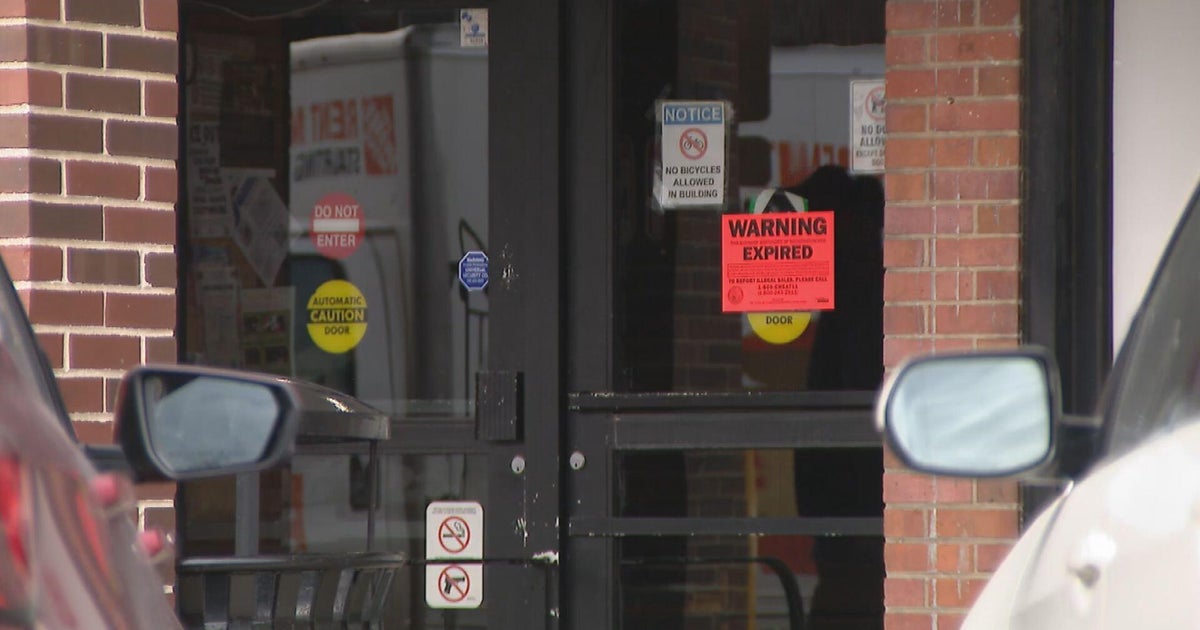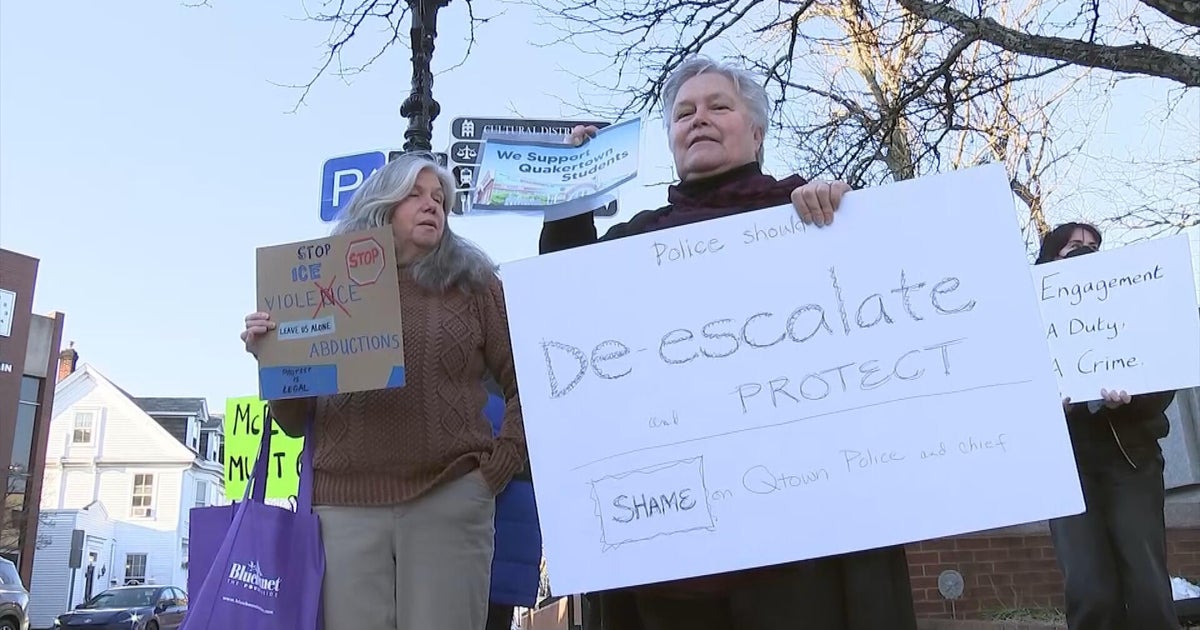I-Team: Eat Your Veggies, But Wash Them First
DALLAS (CBS 11 NEWS) - In 2011, cantaloupe killed 30-people in one of the deadliest food-borne outbreaks in United States history. Five years later, contaminated spinach killed three- people and made more than 500-others sick.
If you think you're washing off germs, think again!
The I-Team put produce to the test. We visited North Texas grocery stores and a farmer's market. We bought lettuce, spinach, cilantro, tomatoes and oranges. We swabbed the produce before and after washing. Armstrong Forensic Laboratory in Arlington tested the swabs and showed us what was lurking on the groceries we bought.
If we had been making a salad, we would have been tossing in some serratia, a dash of pseudomonas, a little aeromonas and hundreds of thousands of coliforms. And that's just the beginning of the bacteria we found living on our produce.
"When we look at this overall, it's sort of like the less we know, the better, " says Infectious Disease Doctor Nikhil Bhayani. Dr. Bhayani sees many patients who are suffering from food poisoning and food borne illnesses at Texas Health Arlington.
"A lot of the serratia we do see in the hospital," says Dr. Bhayani as he studied the report. Serratia marcescens showed up on several bunches of our organic spinach. Serratia rubidaea was living on the organic lettuce. Another head of lettuce had serratia liquefaciens.
Dr. Bhayani says serratia is a bacteria that can cause a blood-borne illness but usually only in patients who are already sick.
Looking at the report, Dr. Bhayani said the bacteria, aeromonas hydrophilia, "can cause severe wound infections." It typically lives in warm water and has been linked to flesh eating disease.
"You don't want to be ingesting too much of it. Given the colony counts of that, it's not significant...but if you go ingest a gallon of aeromonans infected water that's on the roadside, yes (you could have a problem.)" We found the bacteria living on organic cilantro.
We discovered several other germs and a hundreds of thousands of coliforms. Dr. Bhayani said they could cause stomach problems and diarrhea particularly in people who have compromised immune systems, but, again, he said we should not panic and stop eating our greens.
However, the tests did come as a eye-opener to both our experts. Both Dr. Bhayani and Microbiologist Karen Deiss they did not expect to find the high number of coliforms and bacteria still living on our produce *after* we washed it.
"They were all in the hundreds of thousands of bacteria before washing and even after washing and that really surprised me," said Deiss.
And worse yet was what the I-Team found before and *after* washing. Enterobacter cloacae.
"Cloacae is actually a term for anus. It's in the gut, the colon," said Dr. Bhayani. "Water itself is not going to kill the bacteria."
"It has the potential of coming from fecal material of some sort," explained Deiss.
And, again, that was AFTER a thorough rinsing. As awful as it sounds, Dr. Bhayani said, "In some of our cancer patients, where their immune systems are not competent enough to fight off infections, this can be a problem. But usually it is a benign pathogen. It's environmental.
We did find some good news. The tomatoes and the oranges both had very low bacteria counts. Our experts said that probably had something to do with the surface of the produce. The grooves and folds of the leafy greens raised the most concerns.
Earlier this year, the Center for Disease Control and Prevention reported that leafy greens have caused the most food-borne illnesses in the US. A government researcher said lettuce and spinach were the leading sources of food poisoning. The FDA is now proposing tougher standards for growing and harvesting produce. It could set new standards for farm workers.
On a positive note, the I-Team dug through the government reports and did not find any of the germs that caused the national health scares, like spinach and cantaloupe, on any of the veggies we swabbed.
Dr. Bhayani and Deiss say you should not be too concerned about these findings unless you are sick or your immune system is compromised; however, they say the report comes with a warning.
"The key thing is you need to spend extra time washing the fruits and vegetables you get, especially the green leafy vegetables," said Dr. Bhayani.
Dr. Bhayani says you should wash all your produce in hot water...even your lettuce.
Deiss says consider washing with a little vinegar.
The produce managers in North Texas stores told us to soak our produce in water and salt. They also recommended some of the disinfectant vegetable and fruit sprays.
CBS 11 did not find any major difference in the amount or types of germs on organic and non-organic products.
It also did not seem to matter where we bought the produce. The veggies and fruit at big markets, grocery stores and farmer's markets all seemed to have similar amounts and types of bacteria.
Also Check Out:
- Minute Suites Debut At DFW Airport
- How I'd Bet $100 On The Belmont Stakes
- I-Team: Innocent Teen Killed As A Result Of Police Chase
- Largest Tornado On Record & What It Would Look Like
- Child Hit & Killed Near School, Driver Will Not Be Charged
MOST VIEWED GALLERIES
- PHOTOS: Your Pet Pictures
- PHOTOS: Severe Weather Aftermath - May 16
- PHOTOS: Dallas Comic Con 2013







